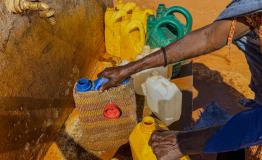
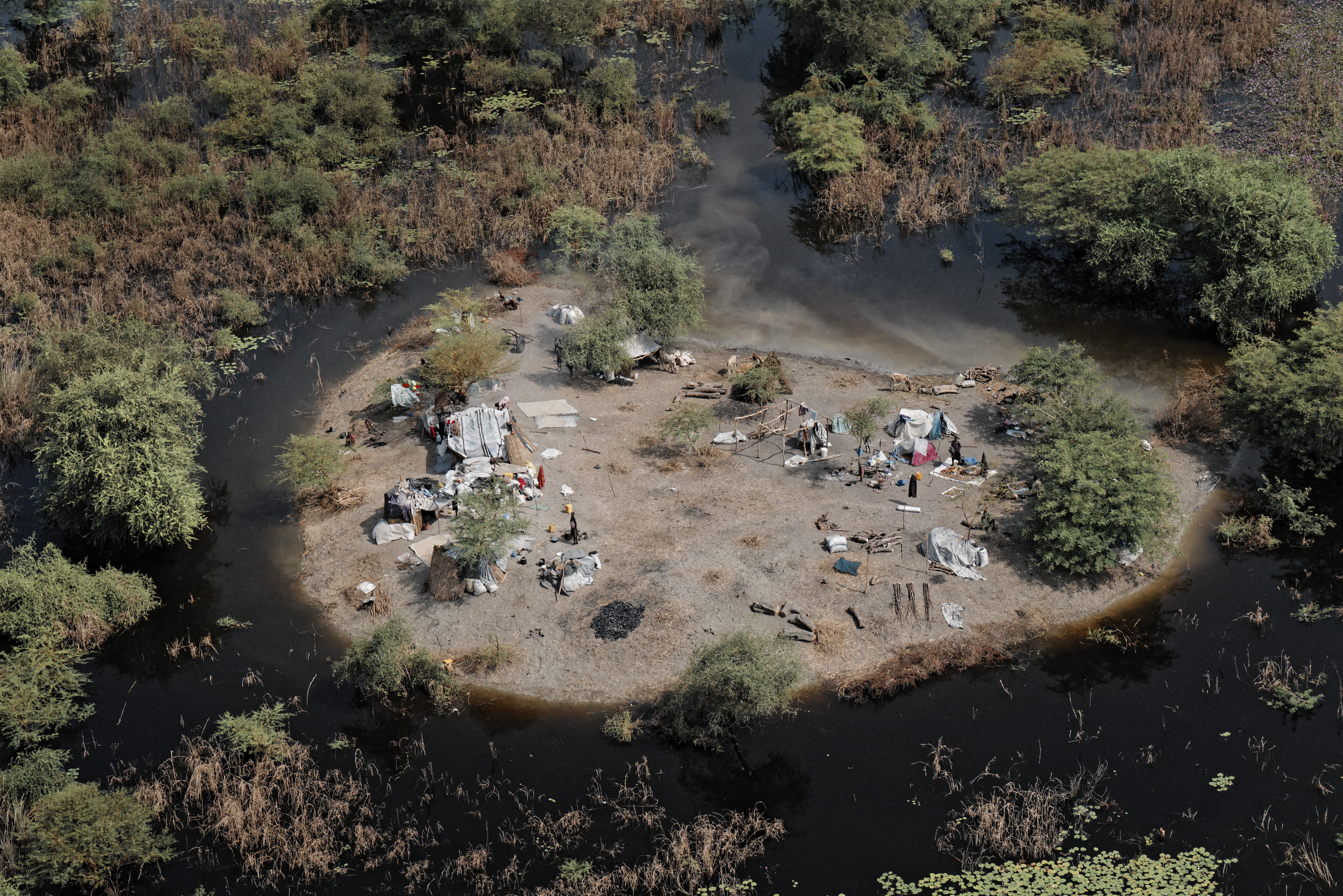
Climate Emergency
The number one threat is to human health:
When there is little water, we can’t grow and produce food.
When natural disasters like cyclones and flooding hit, they cause injury, death, and diseases like cholera.
When the weather becomes warmer and rainfall patterns change, insects like mosquitoes that transmit diseases such as malaria and dengue breed faster and survive in places they did not before, exposing more people to these killers.
When resources are scarce, they become a reason for conflict. And conflict forces people from their homes.
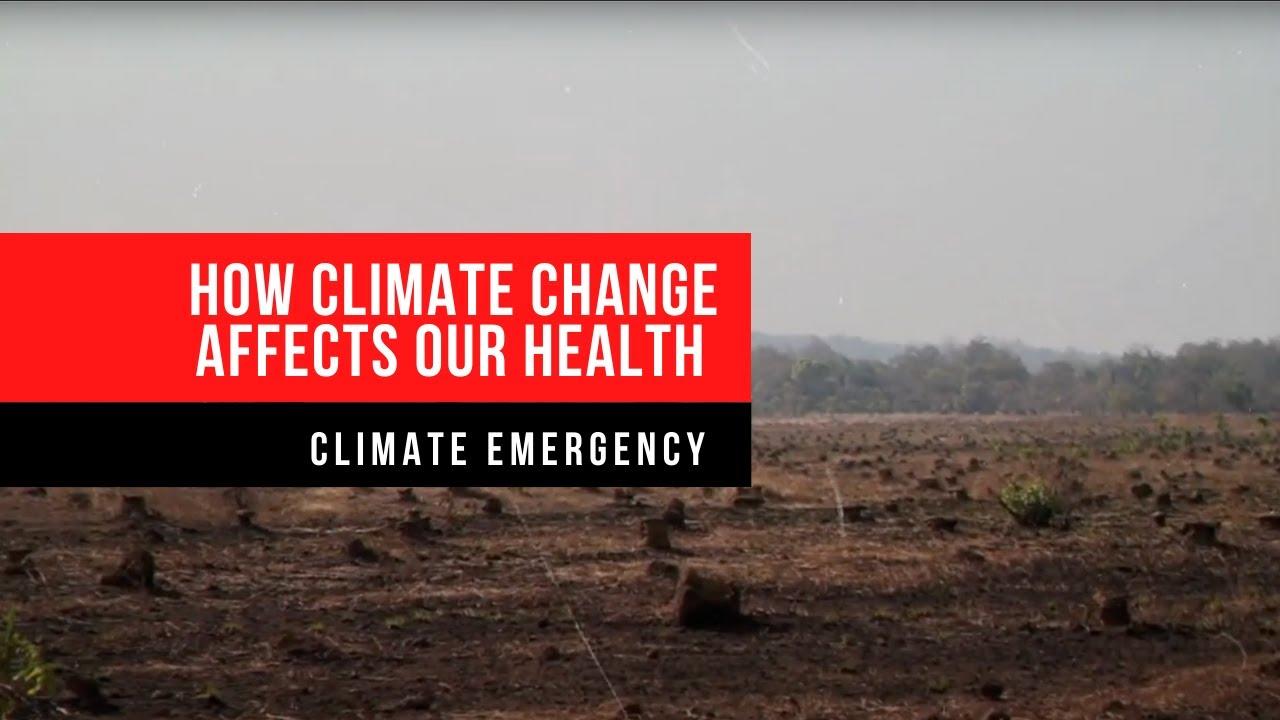
Climate Emergency
Why does it matter to Médecins Sans Frontières?
Climate hot spots – the places identified as the most susceptible to changing climate conditions – are locations where we work today and where we assist those most in need. The health emergencies we are already responding to in these locations will increase in scale and severity as the climate emergency accelerates. Our teams provide assistance in many of the world's most acute crises — conflicts, disasters, disease, displacement — and it is clear to us that environmental changes will have disastrous consequences. There is unfortunately no doubt: this crisis will hit the most vulnerable people on Earth. To respond, we will adapt the way we work, making our very best to ensure the health of the people we serve.
Some humanitarian situations we respond to:
Democratic Republic of Congo: The DRC is one of the most climate-vulnerable countries in the world and climate change worsens existing humanitarian and health problems. Ituri Province is plagued by conflict, displacement and recurring epidemics. In the Angumu health zone, malaria is the main cause of death among children under five. In recent years teams have observed what appears to be a trend of heavy rains and have treated a high number of malaria patients. To reduce the number of deaths, MSF concluded a 4-month-long preventive mass drug administration (MDA) campaign in January this year. More than 75,000 people received the necessary 3 rounds of preventative treatment. Based on a “door-to-door” strategy and challenged by remote locations and transport difficulties, the MDA campaign involved around 2000 persons including MSF teams, community leaders and civil society actors as well as regional MoH health workers. At the end of this intervention, the teams observed a 67% reduction in malaria cases in some places. This leads us to believe that MDA can be a useful additional way to control malaria in complex settings.
Somalia: is struck by an erratic cycle of floods, drought and disease outbreaks, taking a toll on people who barely have time to recover from one crisis before another hits. This year, much of Jubaland, in the south of the country, has been suffering from acute water and food scarcity as a result of a prolonged drought. Already this year, MSF has mounted three emergency responses this year, treating children for severe acute malnutrition, vaccinating children for measles and addressing critical water shortages by providing water to 12 villages in Afmadow and El Wak districts. MSF teams in Somalia, and especially in the south of the country, are seeing a pattern of one emergency leading to another. In 2019 and 2020, MSF teams responded to severe flooding, cholera and displacement in the southern part of the country.
Mozambique: We responded to two back to back cyclones in 2019. The flooding and damage destroyed homes and caused widespread devastation, disrupting essential health services. We scaled up our activities in response to cases of cholera that were declared in Mozambique in the weeks after the disaster; at the peak, our teams were treating around 200 cases of suspected cholera per day. We supported the Ministry of Health to vaccinate 900,000 people against the disease, set up two water treatment plants, rehabilitated 18 health centres and distributed relief items, such as soap, mosquito nets, cooking utensils, blankets, mats and buckets. In total, we conducted nearly 11,900 outpatient consultations, primarily for malnutrition and malaria, in 25 locations. The catastrophic impact of two cyclones in such a short space of time was compounded by months of drought later in the year. Together they exacerbated the already serious food insecurity and malnutrition situation in the country. Mozambique is a one of the most climate-vulnerable countries in the world iii and to ensure we can provide timely and relevant assistance, we are now preparing to start new medical activities focusing on response to vector borne disease, Neglected Tropical Diseases and preparedness for natural disaster.

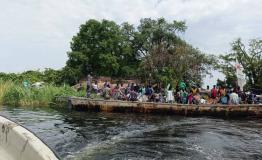
South Sudan: MSF Evacuates Over 1,000 People from Old Fangak Amid Catastrophic Flooding
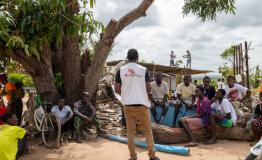
Mozambique: MSF wraps up three-month emergency response to Cyclone Chido
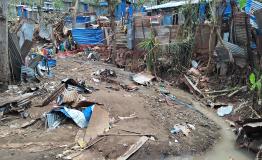
Cyclone in Mayotte: “The State's response is much more about safety than health”
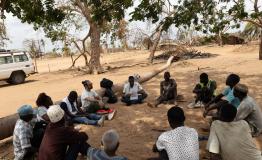
Trapped between conflict and natural disasters, people in Cabo Delgado struggle to start over after cyclone Chido
